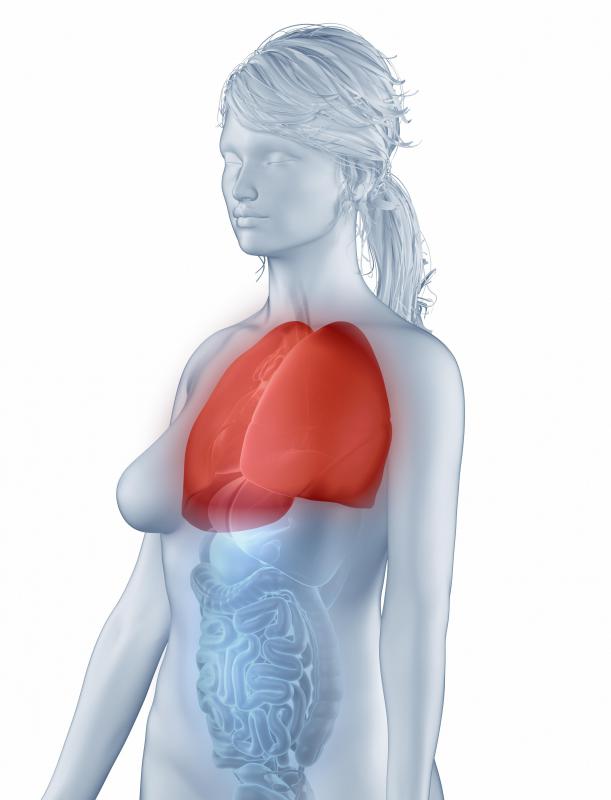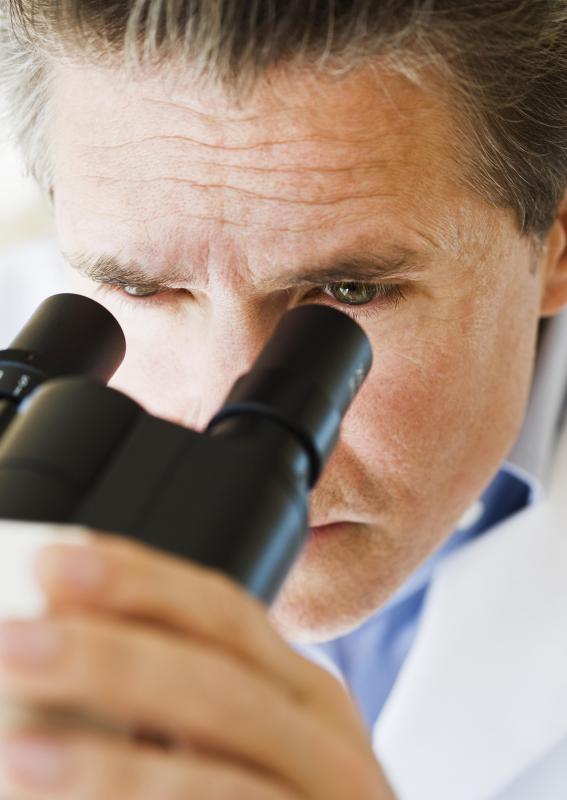At WiseGEEK, we're committed to delivering accurate, trustworthy information. Our expert-authored content is rigorously fact-checked and sourced from credible authorities. Discover how we uphold the highest standards in providing you with reliable knowledge.
What Is the Connection between Chlamydia and Mycoplasma?
Chlamydia and Mycoplasma are types of microbes that can cause disease in humans. Although the Chlamydia group is distinct from the species in the Mycoplasma group, they have similar characteristics, arising from an unusually weak or absent cell wall, and so tend to infect the same areas and cause similar symptoms. A variety of species are part of both groups, and the diseases they cause range from sexually transmitted infections to lung infections. Sometimes both types of microbes can infect one person at the same time.
Bacterial species are divided into genera, which contain species. Chlamydia is a genus that includes a variety of species such as C. trachomatis, C. pneumoniae and C. psittaci. All of the species in this group have no cell wall, unlike the majority of other bacterial species. This means that they need to grow inside of another organism's cells to reproduce, as they do not have enough machinery to reproduce safely outside of another cell.

Mycoplasma species include M. genitalium, M. pneumoniae and M. hominis. This group of bacteria generally have cell walls, but can lose their cell walls in specific stages of the bacterial lifespan, and develop a similar structure to Chlamydia species. Both Chlamydia and Mycoplasma are identifiable in the laboratory using a specific staining test called the Giemsa stain, which only colors cells without a cell wall. Unlike Chlamydia, though, Mycoplasma attaches to the outside of the infected person's cells, and does not grow inside the cells.

Areas of the body that both Chlamydia and Mycoplasma can infect include the genital tract, the lungs and the urinary tract. Infection in the female reproductive tract, of a species of the Chlamydia and Mycoplasma group can also cause abortions and stillbirths. Chlamydia can also cause eye infections, and infections of the heart tissue, whereas Mycoplasma infection can possibly result in infertility.

In some cases of infection with one of these bacterial species, the person carries both Chlamydia and Mycoplasma. Generally, though, an infection is caused by one or the other microbe. Typically, a doctor needs to take samples for lab analysis to figure out which of the two, if not another bacterial species, causes an infection, as the symptoms for the various diseases tend to be quite similar. Treatment for Chlamydia and Mycoplasma generally involves a course of antibiotics; azithromycin and erythromycin can be used to cure both.
AS FEATURED ON:
AS FEATURED ON:
















Discuss this Article
Post your comments